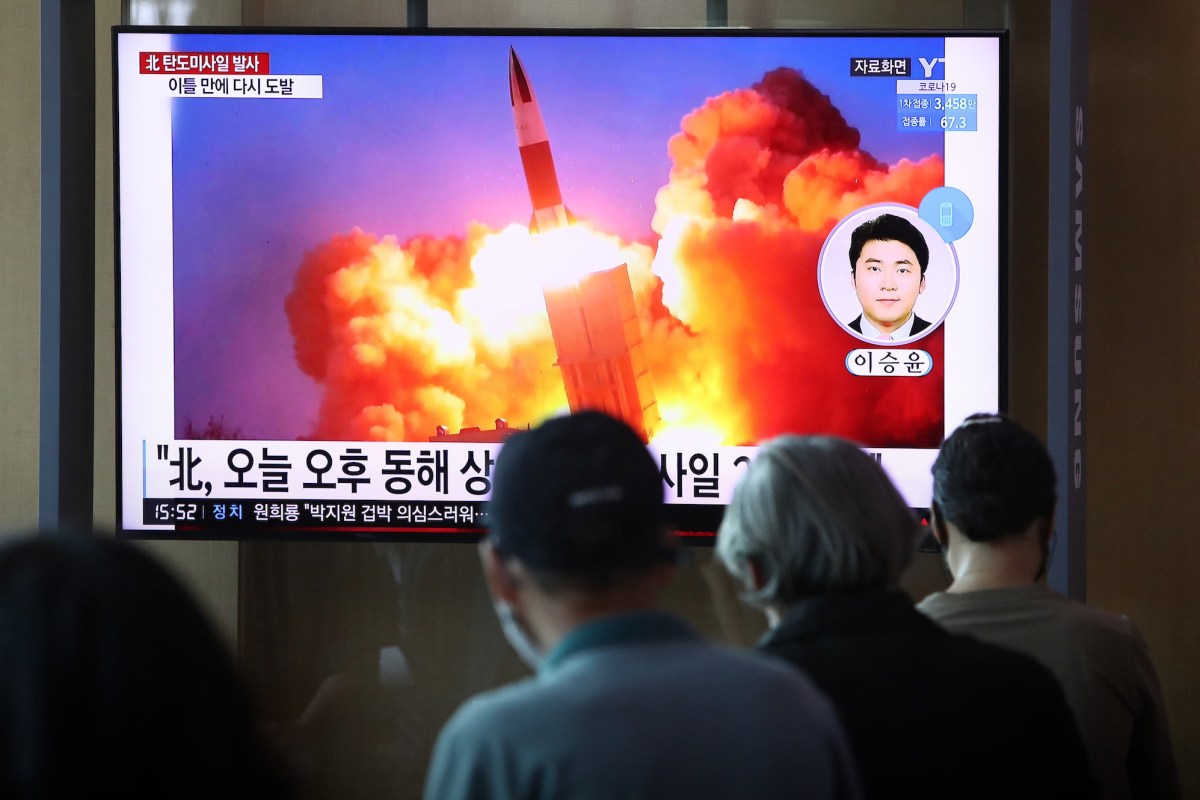
The investment arm of the UK retail bank M&G has led a funding of $ 340 million into Udaan, a business-to-business e-commerce startup, in one of the largest financing rounds secured by an Indian startup in 2023.
The Bengaluru-headquartered startup, which helps merchants in smaller Indian cities and towns secure inventories from major brands as well as gain access to working capital, said the new funds include some convertible debt.
Existing backers Lightspeed Venture Partners and DST Global have also participated in the new round, which awaits regulatory nod. Udaan competes with a number of players, including Mukesh Ambani’s $ 100 billion Reliance Retail, the largest retail chain in India.
The new funding round, Udaan’s first with equity since 2021, ensures that the startup is “fully funded” and on track to becoming profitable in the next 12-18 months, the seven-year-old startup said. The startup is eyeing filing for an initial public offering in 2025 and has over the years consulted with bankers to check readiness.
Udaan didn’t share how M&G and other investors valued the startup in the new round. It was valued at $ 3.1 billion post-money valuation in 2021.
The Series E funding, nonetheless, is a huge boost for the startup that has spent the last two years trimming costs and becoming more efficient. Founded by three former Flipkart executives, the trio together ran the startup until 2021 when Vaibhav Gupta was elevated as the startup’s first chief executive officer.
From Ambani to Bezos’ Amazon to Udaan founders’ previous employer Walmart’s Flipkart to FMCG brands and lenders, scores of firms in India are attempting to serve kirana stores — the tens of millions of shops that dot thousands of cities, towns and villages of India and serve as the nation’s backbone.
These retailers and suppliers have traditionally relied on small, localized wholesaler networks, which are relationship-based and costly to maintain. Even some of the largest brands — like Unilever, which operates one of the strongest distributions networks — reach only a fraction of the country’s network of hundreds of thousands of villages, cities and towns.
More to follow.







